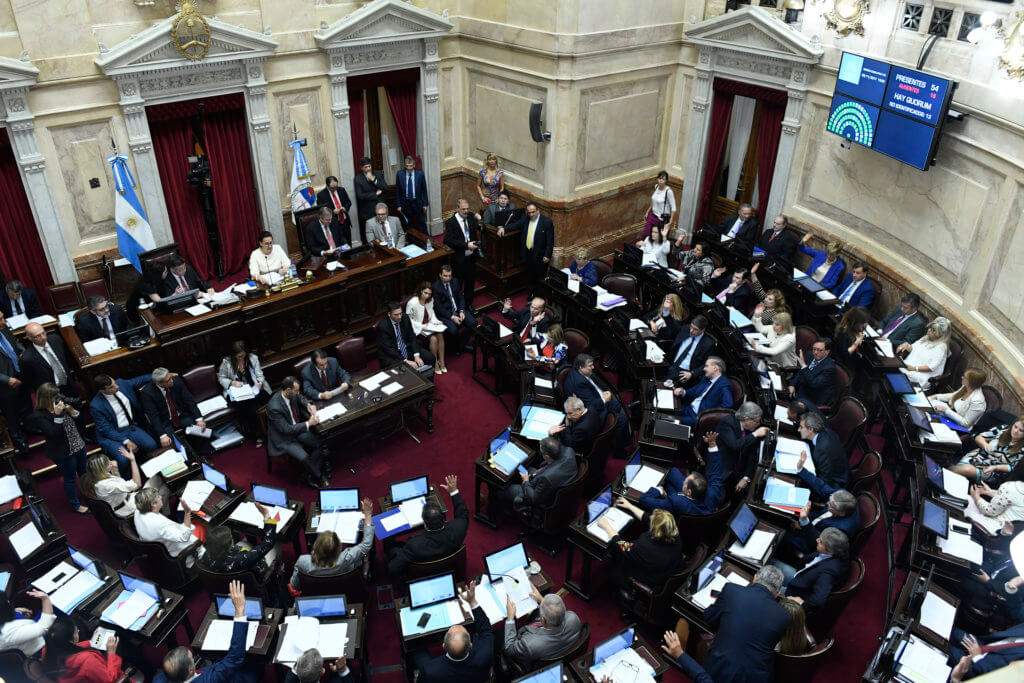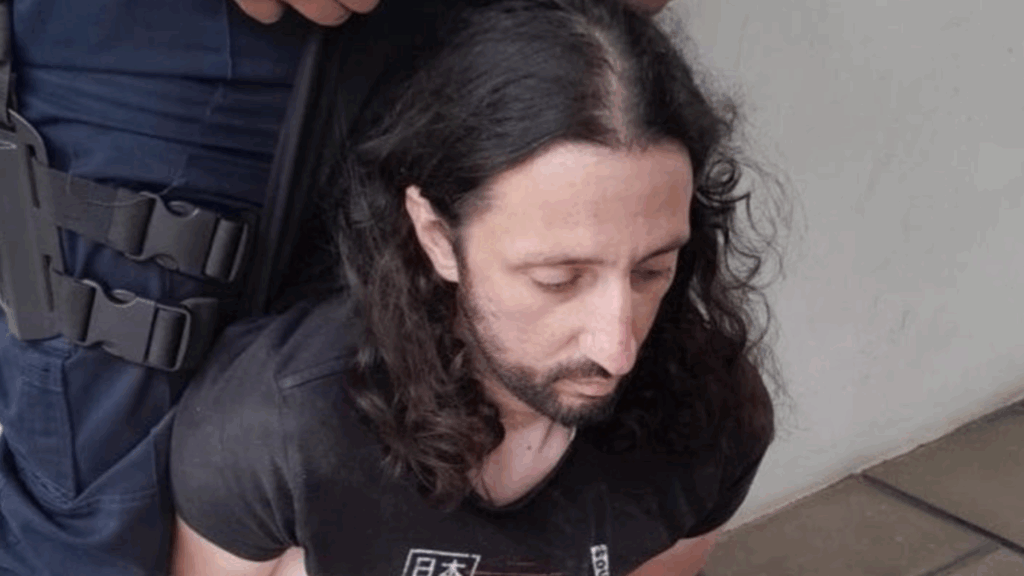Buenos Aires, Argentina – President Javier Milei’s drastic austerity measures aimed at improving Argentina’s flailing economy have shown better results in recent months.
The libertarian president’s ambition to eliminate bureaucracy and red tape have become one of the main focuses of his cabinet, including cutting public works budgets, and slashing education spending.
His push to achieve and keep a “zero budget deficit” is led by Minister of Deregulation and State Transformation, Federico Sturzenegger, whose main function is to shrink or remove laws and decrees that limit individual liberties, complicate trade or create unnecessary tariffs.
After passing a major reform package, the Ley Bases (Bases Law) in July, Sturzenegger is now preparing another project, called Ley Hojarasca (Fallen Leaves Law). The project, presented to Congress on October 10, aims to void legislation created by previous governments that no longer serve a purpose, or were replaced by other laws.
One peculiar law at risk of the chopping block is an Argentine tradition that allows the president to become the godparent of the seventh consecutive son or daughter of Argentine couples, in order to prevent them from becoming werewolves.
Indeed, Law 20.843 was passed in 1974 during the presidency of María Estela Martínez de Perón, but the tradition is actually over a century old.

The law allows a couple with seven sons or seven daughters to request that the president become the godfather/godmother to the seventh same-gender sibling. According to the law, the president then can send a representative to the child’s baptism, usually with a commemorative gold medal, and concede a scholarship towards his or her education, a token fee ranging from $150 to $300 dollars a year.
Where does this tradition come from? “The myth arrived in Argentina through Brazil, with the Portuguese werewolf or lobis-homen, which later evolved into the lobizón. Thus, most cases of alleged werewolves are reported in northeastern Argentina,” historian and journalist Alejandro Galliano explained to Argentina Reports.
The myth, which has deep roots in Argentina’s countryside, is that the seventh son becomes a werewolf during nights when a full moon takes place.
The idea to make the president the godfather of a family’s seventh son was introduced by German immigrants from the Volga region, who came to Argentina in the early 19th century and established rural communities in the northeastern Mesopotamia region, comprised of the provinces Misiones, Entre Ríos, and Corrientes.
“The tradition comes from Catherine the Great,” added Galliano, referring to the Russian leader of the 18th century who believed in becoming the godmother to the seventh son to prevent him from becoming a werewolf. “Both traditions ended up mixing here.”
The first case occurred in October 1907 in Coronel Pringles, a city in the south of the Buenos Aires province. Russian farmer Enrique Brest and his wife, Apolonia Holmann, requested then President José Figueroa Alcorta to become godfather to their seventh son. The president agreed and birthed a tradition that lasted for over a century and became a law in 1974, when benefit was extended to include daughters. That year, the scholarship was established to finance the child’s education.
“It was a way to compensate for the discrimination reportedly suffered by the seventh sibling, because of the legend of the lobizón,” commented Galliano.
More than 12,000 children are estimated to have become godsons or goddaughters to an Argentine president in the past 117 years. Former President Alberto Fernández, who left office in 2023, became a godfather to 66 children, while his predecessor, Mauricio Macri, godfathered 159. Before them, Cristina Fernández de Kirchner, a strong Peronist, granted the benefit to 1,152 children during her term.
Argentina Reports requested information from Casa Rosada (the official workplace of the president) regarding the number of godfather requests made to President Javier Milei, but obtained no official figure, nor how many were actually granted.
Noah Portillo, born September 10 in Río Gallegos, could become the first seventh son recognized by the current president.
However, his fate as a future werewolf may be at stake if Sturzenegger’s bill is passed. “It is a medieval figure that has no place in a modern democracy,” argued the minister in an X post, upon announcing the Fallen Leaves Bill.
Indeed, Galliano explained, the tradition is no longer followed in Russia, where it originated, nor in any other country.










